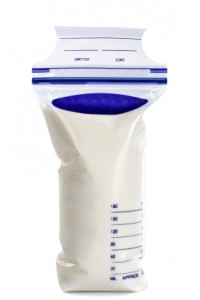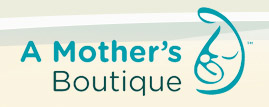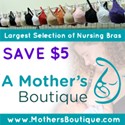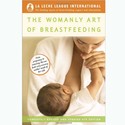A few months ago I signed up to participate in a study looking to speak with both mothers who have informally shared and informally received breastmilk. The study is called “The Anthropological Contexts of Milk Sharing (AnthroCOMS).” While I was never a habitual recipient of donated breastmilk, both my boys have drunk donor milk in the past. I was excited to add my voice.
The study is still recruiting participants if you’d like to share experiences with the researchers!
Their most recent update is the research team has published a letter in Pediatrics: The Journal of the American Academy of Pediatrics responding to an October article, “Microbial contamination of human milk purchased via the Internet,” where the authors found that the majority of the samples they gathered had high levels of bacteria and the study questioned the safety of milk sharing.
The AnthroComs folks, in response, questioned the methodology of Keim et al. Lead author Alison Stuebe (Medical Director of Lactation Services, UNC HealthCare and Assistant Professor of Obstetrics) points out that Keim et al only used anonymous systems where recipients had to pay for milk. They sought out situations where they would not be providing any personal information and had milk shipped to a post office box.
Stuebe writes that such arrangements are, “unlikely to be representative of real parents seeking milk.” She points out that exchanging money increases risk with all tissue donation and that 96% of parents seeking milk seek donation arrangements.
She points to other published research on informal milk sharing that discusses how recipient parents “screen” potential donors–asking questions about health, medications, reasons for donating, obtaining medical records, etc. Stuebe wrote that recipient parents describe “understanding a donor’s motivation and developing a relationship of trust” as critical to the donation relationship.
Her final point was that the majority of informal milk sharing happens in person, locally–she says less than 10% of informal donor milk is shipped. She says, “The results from Keim et al. thus reflect a worst-case scenario for milk sharing. When human milk is obtained through anonymous, paid, online exchanges from unscreened donors and shipped long distances, the risk of bacterial contamination is high.” (Emphasis mine)
Thankfully, she and her team are in the process of conducting the very research she calls for at the end of her letter–research “that evaluates the safety of peer-to-peer milk exchange as practiced by parents seeking milk for their infants.”
Did you read the Keim study when it was published in October? Leave us a comment to share your thoughts on the AnthroComs team and their response!










